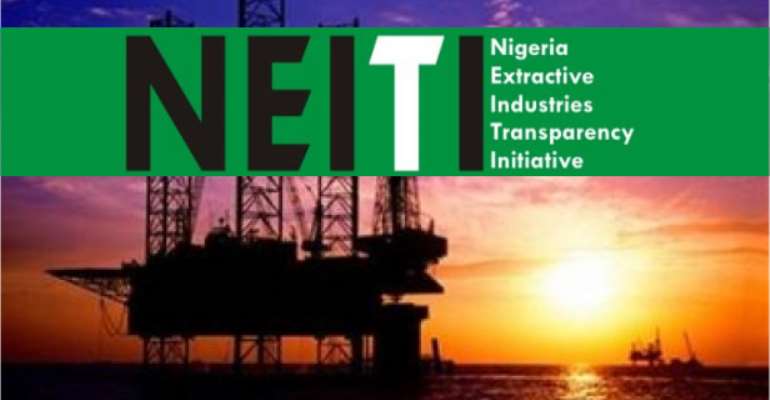NEITI Advises FG To Sell Stakes In Joint Ventures With Foreign Partners

BEVERLY HILLS, June 15 (THEWILL) – The Nigerian government should start selling off its stakes in oil joint ventures with foreign partners to ease the funding issues and leakage of cash due to corruption and waste which have impeded the country’s bid to increase production, oil industry auditors said Monday.
The government through state oil firm Nigerian National Petroleum Corp. holds an average 57% interest in joint ventures with Shell, ExxonMobil, Chevron, Total and Eni, which account for about 90% of Nigeria’s 2 million b/d oil output.
“This divestment will open the arrangement for private sector participation,” auditor the Nigerian Extractive Industry Transparency Initiative (NEITI) said.
“Above all, it will reduce the corrupt practices, waste and other leakages associated with the management of the JVs over the years,” the agency said, adding that the recommendation, following a review of the industry by stakeholders, aimed to assist the reform program of the new government.
Nigeria wants to raise oil production to 4 million b/d by 2020.
Every year NNPC has been unable to meet its share of funding, commonly referred to as cash calls, required to maintain and develop current and new oil projects.
Oil companies have blamed funding shortfalls for the delay or outright scrapping of dozens of new projects, particularly those targeted at ending gas flaring, while they focused only on high priority projects.
Nigeria’s funding challenge has been dealt a further blow by the slump in global oil prices. NNPC has slashed by 40% its proposed funding for oil projects this year, while directing its foreign partners to begin an audit of projects at hand to determine which ones to drop.
NEITI, which said the opaque Nigerian oil industry needed urgent reform, called on the country’s new president, Muhammadu Buhari, and parliament to pass into law the Petroleum Industry Bill (PIB) by the end of August “to demonstrate their patriotism and political will to promote transparency and accountability in the oil and gas sector.”
The PIB is a piece of legislation intended to radically overall the country’s oil sector, but has been stuck in parliament for more than five years, with oil executives saying billions of dollars in new investments especially in deepwater projects have been withheld.
Platts.
